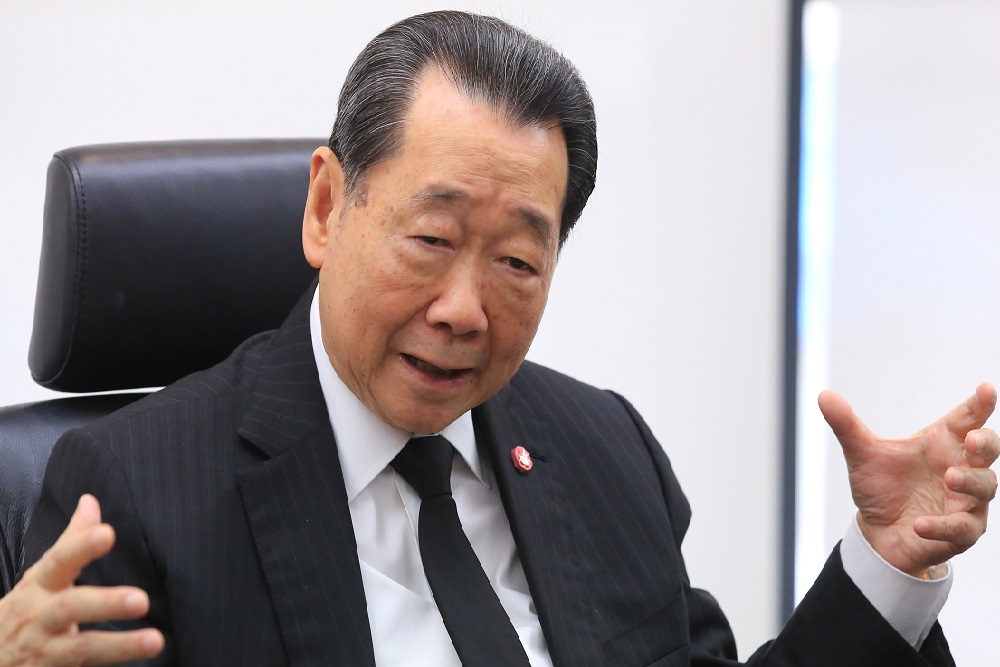PISA (Programme for International Student Assessment) is an “assessment of the extent to which 15-year-olds have acquired the key knowledge and skills essential for full participation in society.”
With the lowest and next to lowest PISA ratings in reading comprehension, math, and science, respectively, the Philippine Department of Education (DepEd) finds its hands full in “formulating reforms” for the education sector.
But what are the underlying factors?
PISA is conducted every 3 years from 2000 and bruited to be one of the most famous student assessments and among the most influential in terms of research and policy around the globe, particularly in 2018, for 79 countries.
Some skeptics look at the results with doubt, if not, disdain, to wit:
PISA coverage tends to overlook one major question—why should anyone care about these scores? Where is the research showing a connection between PISA scores and a nation’s economic, political, or global success?
PISA participants’ profiles
The Organization for Economic Co-operation and Development (OECD) provides a discussion of the Philippine PISA findings which can help the Philippine Department of Education ((DepEd) to formulate solutions in the context of the findings.
For example, expenditure per student appeared to be a factor. Expenditure per student in the Philippines was the lowest amongst all PISA-participating countries/economies – and 90% lower than the OECD average.
By comparison, expenditure per student in Indonesia was 83% lower than the OECD average and students there outperformed
students in the Philippines, although their scores were still lower than those of students in between 66 and 70 other countries/economies.
Students in the Dominican Republic scored at the same level or lower than students in the Philippines, while expenditure per student in the Dominican Republic was three times greater than that in the Philippines.
The age factor seemed to be an important consideration, too. Only 68% of 15-year-olds in the Philippines were covered by the PISA sample. In most countries, low coverage can be mainly attributed to 15-year-olds who were no longer enrolled in school or
who had been held back in primary school.
Another crucial factor is that 94% of the 15-year-old students in the Philippines speak a language other than the test language (i.e. English) at home most of the time. This was the second-highest percentage amongst all PISA-participating countries/ economies.
Socio-economically advantaged students outperformed disadvantaged students in reading by 88 score points in the Philippines, which is similar to the average difference between the two groups (89 score points) across OECD countries.
Almost two-thirds of Filipino students “reported being bullied at least a few times a month.” More than a fourth said they felt lonely at school. And more than a third said, “their teacher has to wait a long time for students to quiet down.” All these proportions were higher than the OECD average.
Moreover, 72% of Philippine students (versus 56% in OECD) said that when they fail “they worry about what others think of them.” And only 31% of our students (versus 63% in OECD) supposedly hold a “growth mindset” – meaning students think they can improve their intelligence through hard work.
PISA as a baseline to gauge reforms
Two Philippine senators, Pangilinan and Villanueva believe that the PISA low rankings are rooted in hunger and poor nutrition among Filipino children. Villanueva said one of the bills that he filed, Senate Bill 858, intends to amend existing laws to provide proper daycare for preschool children.
DepEd acknowledged the poor performance but indicated that this would give it a baseline to gauge the education system. DepEd also assured concerned legislators that basic education in math, science and reading comprehension will be given a priority going forward.
DepEd on Tuesday launched “Sulong Edukalidad” program on the same day the PISA results were released. The program is meant to address the quality of education in the country.
DepEd Secretary Leonor Briones reported:
While we are very happy to see major development in terms of access to basic education, we finally need to respond to the biggest lingering challenge of basic education in the country – quality – particularly of our students’ learning outcomes.
DepEd also indicated that it is committed to delivering quality education for all citizens. They also said they would be working hand in hand with communities and education stakeholders to ensure they raise the standards of education in the country.
Featured image by Pixabay







